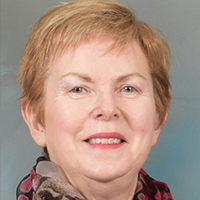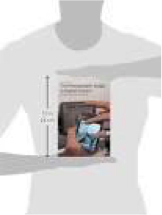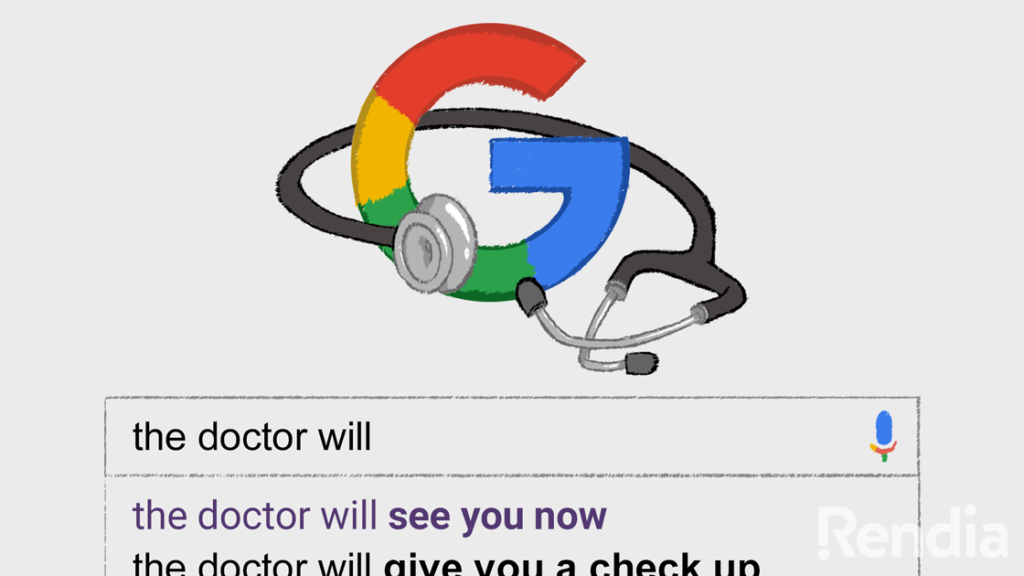
VICKI MACLEOD
Secretary-General, GTWN
Digital culture is the interface between human beings, societies and digital technology. It can be seen as the natural progression of human cultures as every aspect of society and economy is transformed and reinvented by the integration of a digital platform.1
Be it health, education, the arts, music, science, financial services, architecture, the law, government and social services or even the philanthropic sector – it is difficult to find one area of human endeavour which is not being profoundly influenced and changed by digital technology. This includes increasingly higher speed mobile services, ever more intrusive and ubiquitous social media and of course the shift away from the written word to video streaming and the impact this is having on communication networks worldwide.

From: Martin Lister, The
Photographic Image in Digital Culture
Digital culture encompasses all the new and evolving applications of digital technology. Artificial intelligence, big data and video streaming, both individually and in combination, are changing the landscape of what we as humans understand as the essence of being human, and what we have always considered separates us from the animal kingdom on one side, and machines on the other.
We are at the cusp of a new challenge in human evolution. As artificial intelligence (AI) strives ever closer to what has been called the ‘singularity’ – where AI overtakes human intelligence issues about the potential future rights and obligations which should attach to intelligent machines, as they are increasingly given human-like physique and genuine people personalities (which already has its own acronym, (GPP)). Many now believe that science fiction writer Isaac Asimov’s Three Laws of Robotics2 are far too simplistic and obsolete as they are centred on the responsibility of robots towards humans, and do not offer robots any legal status or protections. This is becoming a serious issue as robots increasingly take over work previously done by humans.

Source: http://www.bbc.co.uk/cult/hitchhik- ers/gallery/tv2/marvin.shtml
Until relatively recently, learning was streamed into two main areas – the humanities or sciences. Those of us who did not naturally gravitate to science and maths were steered towards the humanities – languages, the arts, philosophy and history. And in most cases these streams remained separate. Science and maths experts naturally became the rst adopters of IT and data analytics, while those of us who were streamed towards languages, philosophy and the arts, were not pressured, and in some cases, were actively discouraged from, further study of STEM subjects. The result was a largely balkanised education system, where IT experts hardly ever challenged to grapple with the social implications of computer science or AI, while humanities experts were often left woefully unprepared to face the challenges of the impact of digital technology on their own eld of endeavour. Thankfully there are a number of organisations now focussing on the ethical issues arising from the application of AI to many areas including motor transport, medicine, the justice and court system and insurance, to name but a few.
In education, I am glad to say that many things are starting to change in this regard. The integration of science and technology into the arts curriculum into what is now called STEAM is a great example. While some are calling for a return to the old days of the “3Rs” of education – reading, writing and arithmetic – others are seeing the enormous potential for future generations that incorporation of digital technology has for a broader, deeper and much more rewarding education experience. And armed with access to the modern equivalent of Adams’ Encyclopaedia Galactica (aka Wikipedia), everyone can have access to a vast array of factual information, but also the full range of human opinion on every subject.

www.get.rendia.com
In medicine, the traditional doctor/patient relationship, which relied on the absolute authority of the medical practitioner and his or her exclusive knowledge, has quickly changed to include a third party – “Dr Google”. 3Patients are often taking a much more active interest in their illnesses and also their treatments, being prepared to challenge the doctor’s diagnosis or treatment options3 . It is now quite usual for patients to present to their doctors armed with printouts from Google or Wikipedia or other online medical advice sites. Initial resistance from some doctors is giving way to a realisation that internet searches can help patients talk to their doctors and describe their symptoms more precisely, especially for patients with greater e-health literacy.
On the other hand, there is also the problem that gathering information from the internet without medical knowledge to help lter the vast amount of information available online can lead patients to greater anxiety and unnecessary worry. This demonstrates the importance of a new role for doctors in the future, who will play the role of a trusted guide, mentor, counsellor and digital intermediary. Further, the new genomic era of medicine with personalised drugs designed for each person’s genetic pro le will require a much closer personal relationship and deeper understanding between patient and health care advisor.

Source: hitchhikers.fandom.com
Language is seen as the most obvious indicator of human culture and what sets us apart from other beings. When I was a student of linguistics, we were assured that machine translation would be impossible, because no translation machine would ever be able to understand and apply the intricacies of different languages. These ideas were largely based on the now controversial theories of Noam Chomsky, that language ability is innate. Others have since challenged this view, believing that language acquisition is achieved by children via their general cognitive abilities and the reading of other people’s intentions.
The questions around the importance of language to human culture and what computerisation would mean to our human future were satirised by Adams as the Babel Fish, which you could put in your ear and which would give you automatic simultaneous interpretation of any known language. (This effect can now be almost replicated with the use of Google Translate, a smartphone and a pair of Bluetooth earbuds.) But Adams at the same time asked us to question whether this technology would in fact be so benign, or whether we should watch out for potential cultural and social impacts of such technology, which could so easily strip away subtleties of social context and culture down to the bare bones of words and their literal meanings. The Babel sh, he warns, has on one hand enabled much greater understanding between peoples, but this greater understanding has also led to more, not fewer, disputes and wars.
And what about the reduction of human culture to a set of big data? Anyone involved in the quest for more and more data and the application of big data analytics in order to understand and predict human behaviour, should keep in mind that this could also lead to a loss of cultural and social context and human meaning. As Douglas Adams brilliantly demonstrated with his ctional super computer creation Deep Thought, the answer to the ultimate meaning of life may be 42, but social context is equally important as the data. Without it, by the time the numerical data is available, no- one may be able to interpret it or even remember what the original purpose was.
Vicki MacLeod is Secretary-General of the Global Telecom Women’s Network (GTWN) and Editor in Chief of the GTWN flagship publication, The Mobile Century: Life and Work in the Digital Era. She is a specialist in innovation and digital transformation with extensive industry and government experience in Australia and internationally. Her interests include: innovation and digital transformation; culture change and addressing the digital skills gap; start-up culture; new space industries; and women’s entrepreneurship. She has more than 25 years’ experience in the telecommunications and broader TMT sector, in policy and strategy roles in government, industry and global organisations. She has lived and studied in Australia, the UK, France and Germany and speaks French and German as well as English (and Australian). She holds a BA(Hons) and MA in modern languages from Monash University, Melbourne.
- With acknowledgement of the brilliant in- sights into the challenges of our future digital culture by Douglas Adams in The Hitchhiker’s Guide to the Galaxy, first published 1979.
- https://atelier.bnpparibas/en/smart-city/ article/rights-robots-have
- https://blog.rendia.com/embrace-dr-google/. Image of Dr Google from Rendia



